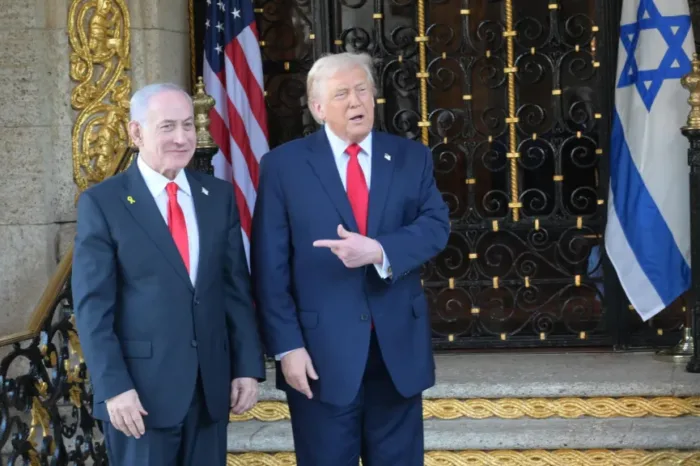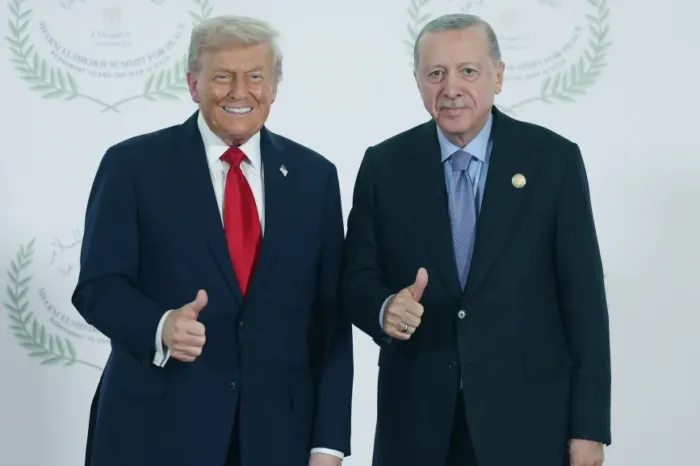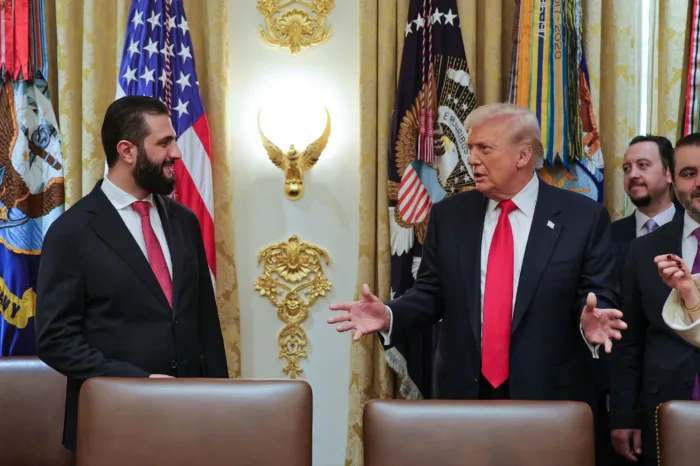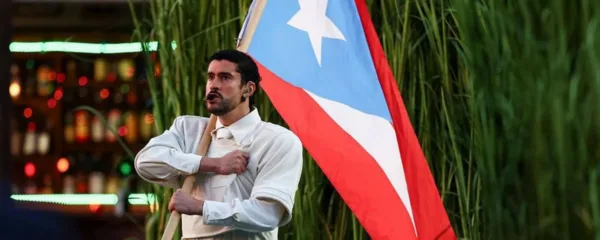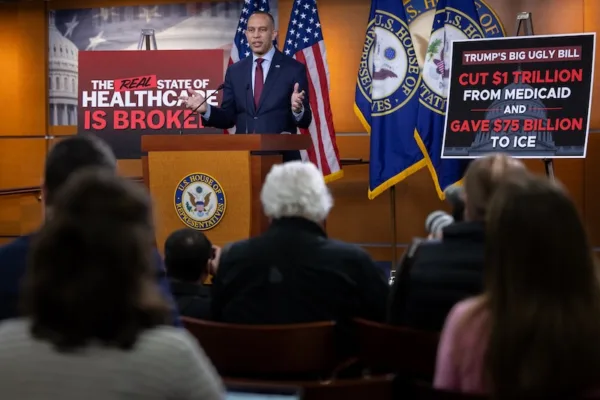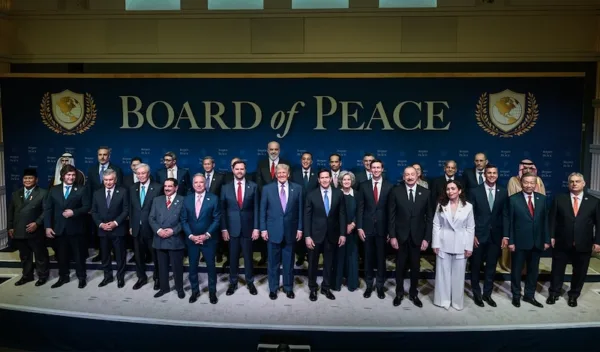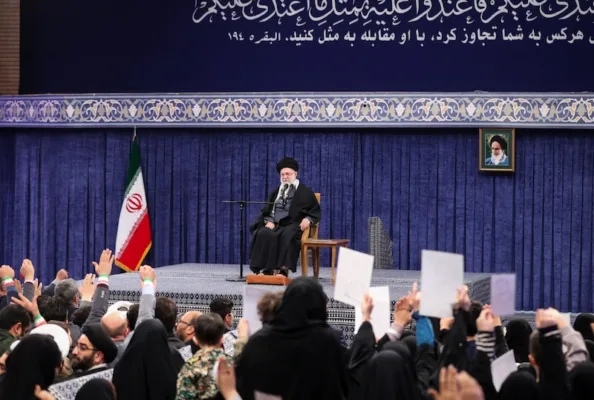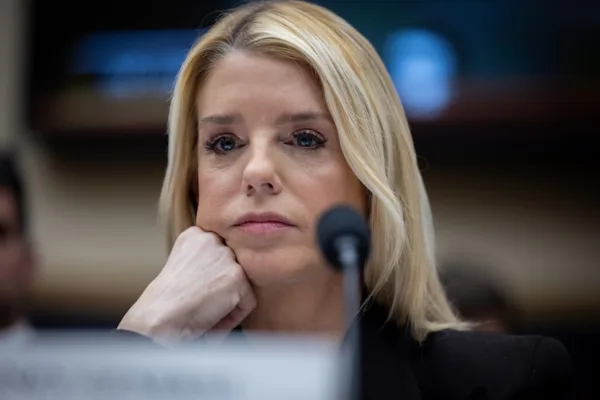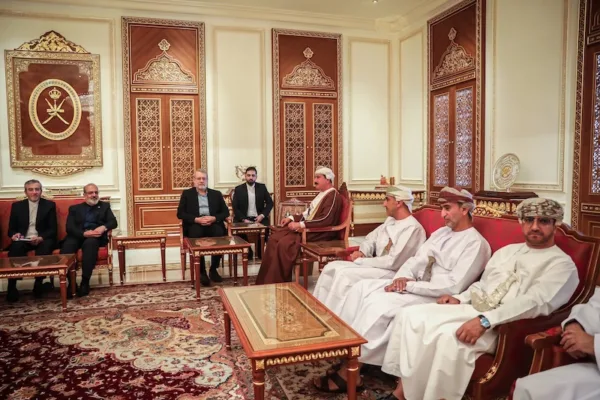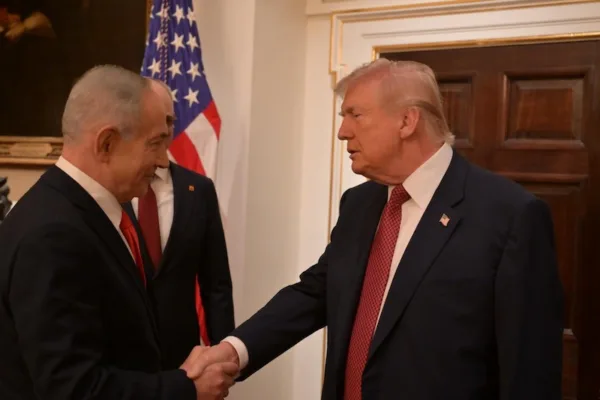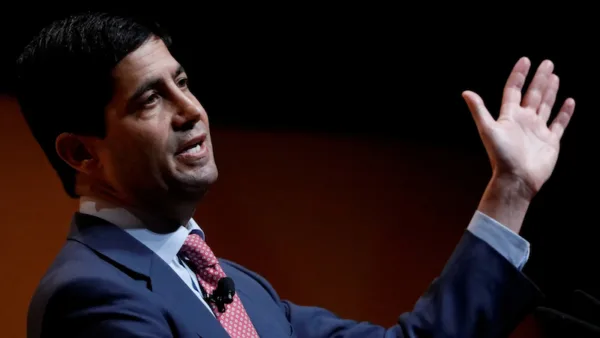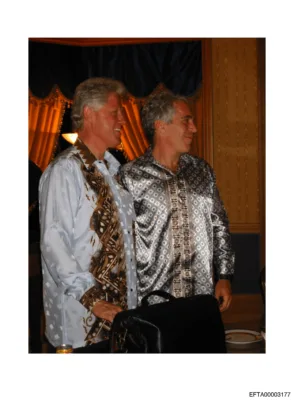Where is Turkish foreign policy headed in 2024?
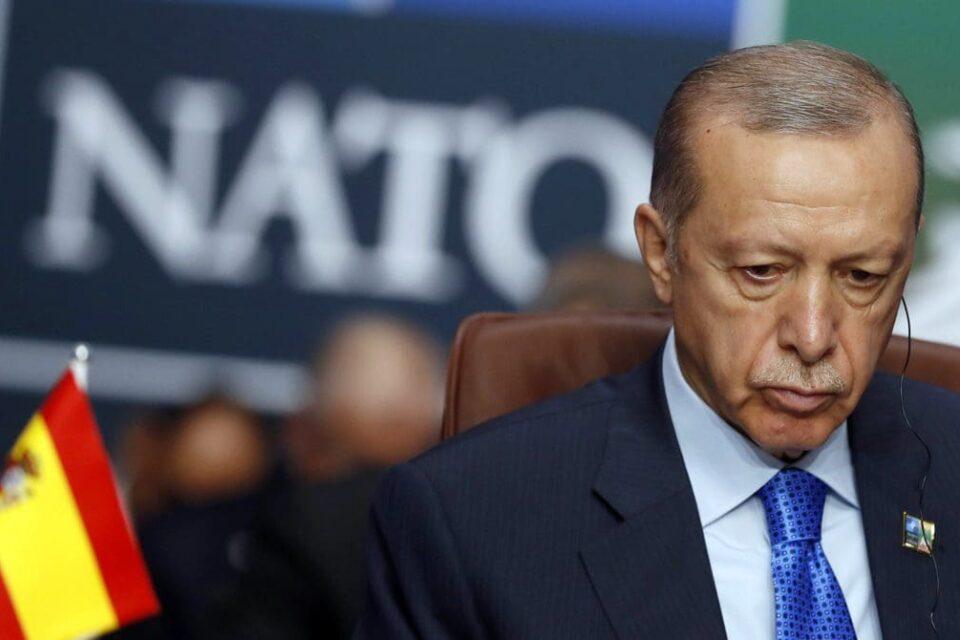
As uncertainty, competition and conflict gain momentum within the international system, Türkiye engages in diplomacy to play a more defining role in global and regional crises.
Having stepped up to manage the COVID-19 pandemic and worked toward a cease-fire in Ukraine and the Israeli-Palestinian conflict, Ankara will continue to promote stability, security and cooperation across its neighborhood in 2024.
It will also defend its national interests by trying to transform its existing alliances and take unilateral resort measures.
That approach is closely related to Türkiye having to adapt to a new world where we discuss the “death of globalization and liberalism.”
At a time when great power competition leads to multipolarity, yet the new balance of power remains in the making, the country will continue to tap into its strengths: adaptability, agility and readiness to launch new initiatives.
The United States presidential election and the European Parliament elections will chart the Western world’s future course in 2024.
By contrast, Türkiye will experience that critical process under the strong leadership of President Recep Tayyip Erdoğan, who was re-elected in May 2023.
The Turkish Parliament’s Foreign Affairs Commission signed off on Sweden’s NATO membership in late 2023. Ankara expects the Joe Biden administration to ask Congress to approve the simultaneous sale of F-16 fighter jets to Türkiye in early 2024. It goes without saying that Washington’s failure to honor that agreement, citing the opposition of some lobbyists, would severely undermine Turkish-American relations.
However, if an agreement is reached, the defense promises to give positive momentum to the country’s bilateral relations with the U.S., Canada and Sweden.
Whereas the rapprochement between Türkiye and Greece is expected to resume in 2024, a far-right victory in the European Parliament elections could hinder efforts to make Türkiye’s relations with the European Union functional again.
Ankara will keep reminding Europe how valuable working with Türkiye remains for the continent’s security architecture and strategic prospects.
Brokering a cease-fire between Russia and Ukraine will be a major focus of Turkish diplomacy in the new year, too. Russian President Vladimir Putin’s 2024 visit to the Turkish capital could serve as a platform for positive dialogue on energy, Syria and other regional issues.
Diplomatic focus
Moreover, exchanging views on bilateral and regional issues with Iranian President Ebrahim Raisi, who is scheduled to visit Türkiye on Jan. 4, will be critically important.
Iran, which (along with Russia) was among the beneficiaries of the post-Oct. 7 situation, could face restrictive efforts from the U.S. and Israel.
In the wake of Hamas’s attack, punishing Iran and its proxies has been absolutely crucial for Israel. Suppose Hamas, the weakest link of the so-called Axis of Resistance, could undermine Israel’s deterrence to such an extent. In that case, the argument goes, Hezbollah and other Iranian proxies could prove much more effective.
Iran is rumored to receive more advanced weapon technology and leniency regarding the nuclear issue in exchange for helping Russia get its hands on military drones and ballistic missiles.
Unhappy with Iran’s development of additional capabilities and unwilling to let the violence spread regionwide, the U.S. could be compelled to take additional measures against Tehran’s various initiatives.
Strategic pivot
Against that background, Türkiye will seek to transform areas of competition (such as the Zangezur Corridor and the Development Road Project) into areas of cooperation with Iran and take additional steps in its fight against the terrorist organization PKK.
Having elevated its relations with the Gulf states to a strategic partnership, the country will continue strengthening the Organization of Turkic States (OTS) and promoting peace between Azerbaijan and Armenia.
Türkiye, which speaks up against Israel’s massacres at the highest level, will strive to bring war criminals to justice in addition to making diplomatic efforts to broker a cease-fire and making the two-state solution a reality.
A more effective and comprehensive counterterrorism campaign in Iraq and Syria, new defense and energy initiatives, the quest for new partnerships and integration in Türkiye’s neighborhoods and mediation efforts will be on the Turkish diplomatic agenda in 2024.

